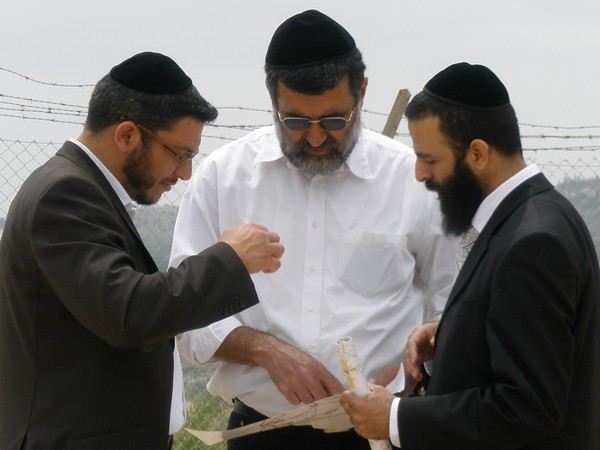Panel of Israeli mayors provides insight into peace process at World Economic Forum

Interpeace’s Israeli “Base for Discussion” (B4D) Programme collaborated with the World Economic Forum to organize a panel on Israel’s “silent majority”, or Core group, and their role in the peace process at the WEF’s Middle East Regional Meeting, in Sharm El Sheikh, Egypt. The panel called “Ideology versus Reality: Israeli Views on the Peace Process” took place on 20 May 2008.
Mayors in Israel are directly elected and are independent of political parties. They closely represent the views of the 'silent majority' of Israeli society that is courted by all parties, whose collective vote determines the nature of the Government. Thus, they have an underestimated influence on the future direction of the peace process.
The “core” group/ silent majority is one of the five key pillars of Israeli society that the B4D programme is working with to develop long term visions on the geo-political future of the region. The four other pillars are: the Palestinian Arab citizens of Israel, the Settler and Pro-Settlers community, the traditional religious population and the peace camp activists.
The panel at Sharm was made up of representatives from each of these 5 pillars: Zvika Cohen, Mayor of the ultra-Orthodox community of Elad and former deputy Mayor of Tiberius expressed views on behalf of the traditional religious leaders; Shawki Khatib, Mayor of Yafiah and head of the supreme Arab follow up committee for the Arab citizens in Israel represented the Palestinian Arabs in Israel; Eli Moyal, Mayor of Sderot, a town in the South District of Israel spoke to positions and visions expressed by both the Core and Pro-Settler groups, and Meir Nitzan, Mayor of Rishon Le-Zion, and Israel's longest serving Mayor, the Core and Peace Camp positions.
Tallie Lipkin-Shahak, a journalist with the Galei-Tzahal Radio and Ma'ariv Daily in Israel, moderated the event.
The panel provided a seldom heard internal insight into the current political environment in Israel and the prospects for advancing the peace process.
Interpeace’s work with the “core” of Israeli society involves ongoing collaboration with 15 mayors and their communities on what the options are in the peace process and what the implications would be for each option. This panel was among the first initiatives. This programme is run through its Joint Programme Unit for UN/Interpeace initiatives.
